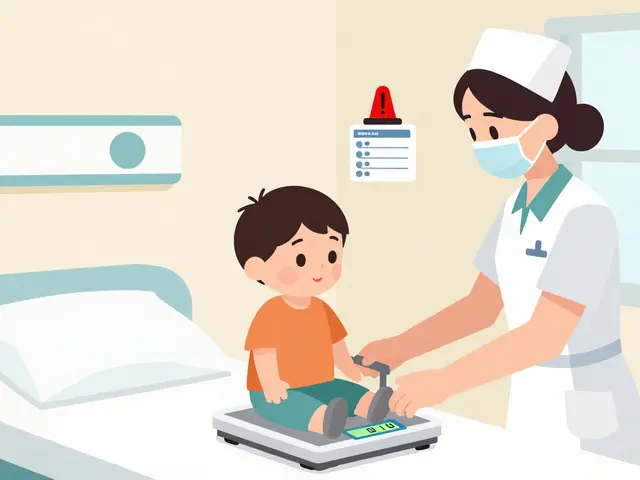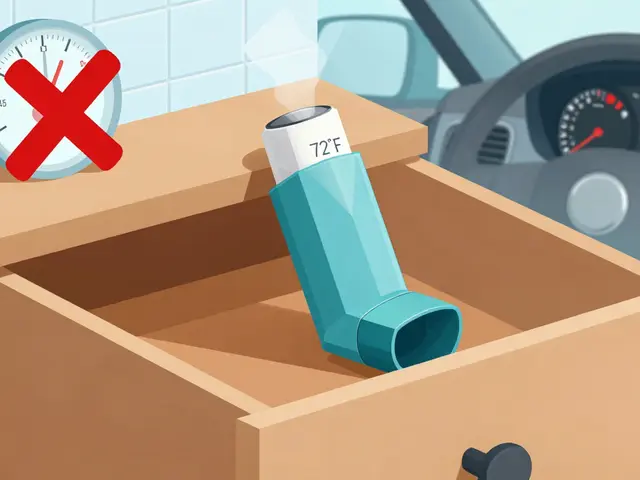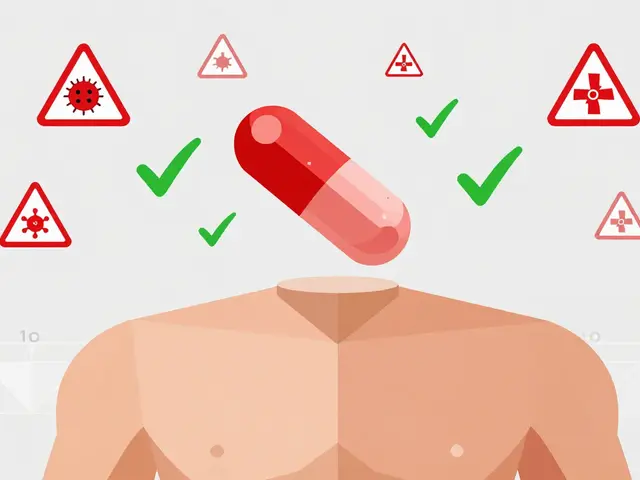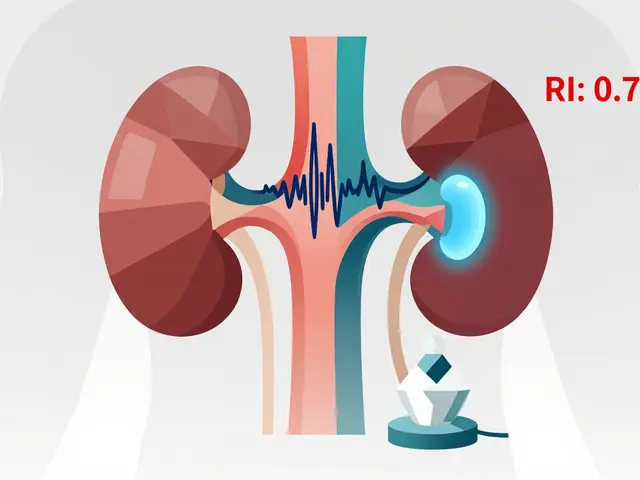Immune system: practical tips and trusted reads
Your immune system works quietly every day. You don’t need magic fixes — small, consistent habits move the needle. This page gives clear, usable steps to support immunity, flags when to see a doctor, and points to articles on probiotics, autoimmune thyroid care, and safe antibiotic use.
Everyday habits that help
Sleep matters. Aim for regular sleep times and 7–9 hours per night—poor sleep raises infection risk and slows recovery.
Move your body. Moderate activity like brisk walking or cycling for 20–30 minutes most days improves immune function without stressing the body.
Eat real food. Focus on vegetables, fruit, whole grains, lean protein, and healthy fats. Vitamin-rich meals give immune cells the building blocks they need. If you eat little dairy, oily fish, or green veggies, consider a simple vitamin D supplement during low-sun months after checking with your clinician.
Manage stress. Long-term stress weakens immune response. Try short daily habits—breathing exercises, a 10-minute walk, or a quick phone call with someone who lifts you up.
Stay hydrated and limit heavy alcohol. Both help your body handle infections and recover faster.
Supplements, probiotics, and medicine — what to know
Probiotics like kefir can help gut health, which links to immune balance. If you’re curious, read our practical breakdown in “The Kefir Effect” for benefits and how to add kefir to your routine.
For autoimmune conditions such as Hashimoto’s, proper hormone management matters more than generic immune boosters. Our Levothyroxine guide explains why tailored thyroid care changes symptoms and energy levels for people with autoimmune thyroid issues.
Antibiotics save lives but don’t boost immunity. Use them only when a clinician prescribes them. If you’re buying antibiotics online, follow safety steps—verify the pharmacy, confirm prescriptions, and avoid suspicious deals. We have a clear guide on buying Trimethoprim/Sulfamethoxazole and other antibiotics safely online.
Urinary pain relief or short-term symptom drugs like phenazopyridine can help comfort during an infection, but they don’t treat the cause. Look for guides on where to find these drugs safely if you need fast relief.
Watch for interactions. If you take regular meds (for blood pressure, heart, or mental health), adding supplements or antibiotics can change how drugs work. Articles like our Terazosin interactions piece show how to spot risky combos and what to ask your doctor.
If you feel unusually tired, have recurring infections, or suspect an autoimmune problem, get medical tests. A simple blood panel and a conversation with your clinician clear up whether lifestyle changes, vaccines, or prescription treatment fit your case.
Want quick reads? Check our posts on kefir and immunity, Levothyroxine for Hashimoto’s, safe antibiotic buying, and erythromycin facts. They’re practical, short, and easy to act on. Keep habits simple, ask questions, and use trusted sources when making choices about supplements or medicines.
Graves' disease is an autoimmune disorder that affects the thyroid, causing it to produce excessive hormones. As someone living with this condition, I've discovered that boosting my immune system is crucial for managing symptoms and maintaining overall health. To do this, I focus on a balanced diet rich in nutrients, regular exercise, and stress reduction techniques. Additionally, getting enough sleep and staying up-to-date with vaccinations help strengthen my defenses against infections. By taking these steps, I am better equipped to live a healthy life despite the challenges of Graves' disease.
Continue reading...






